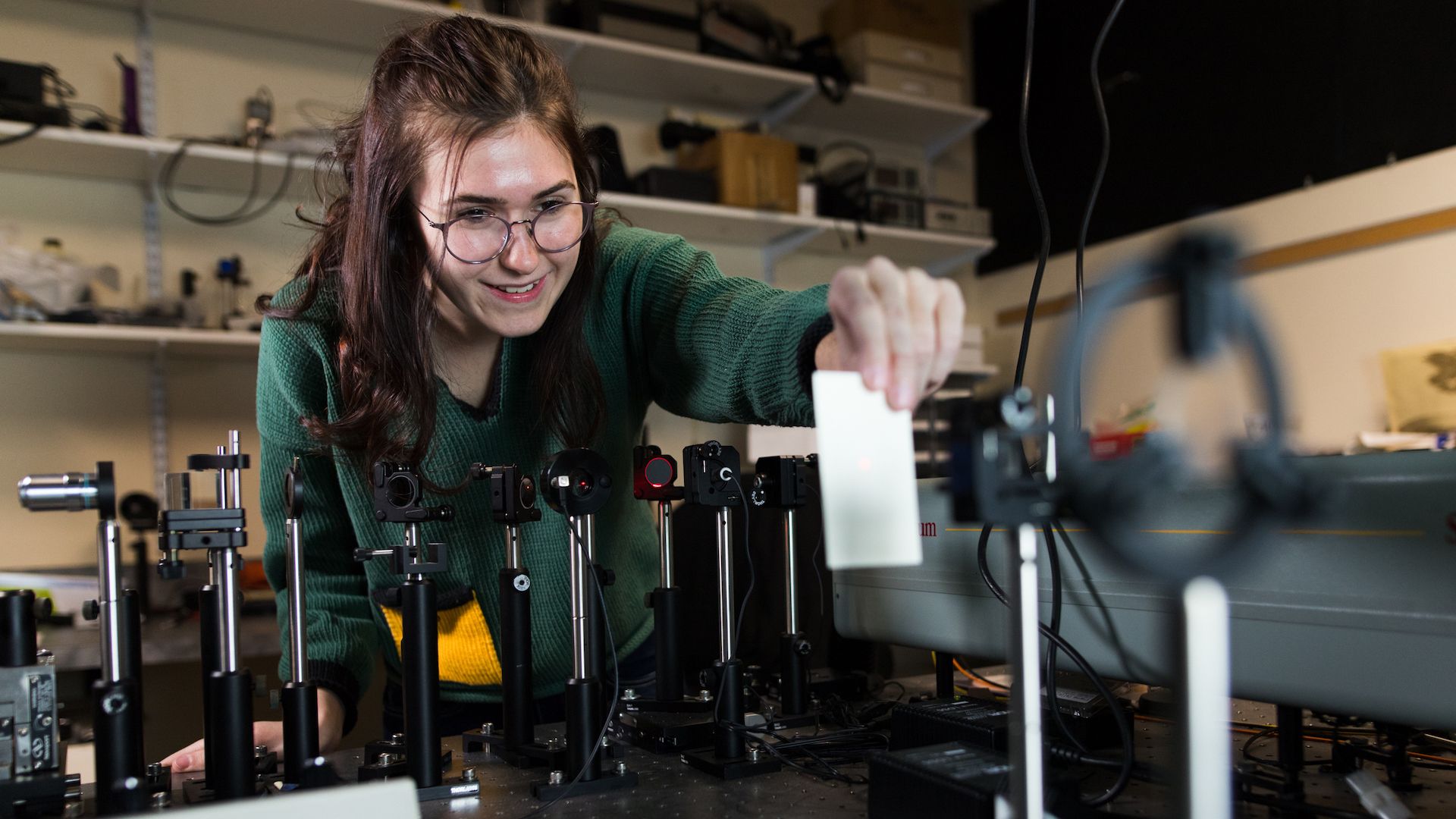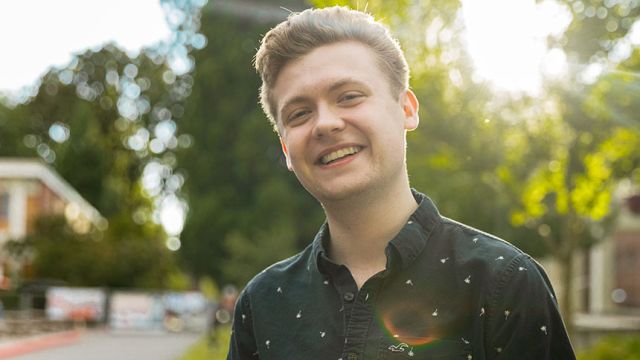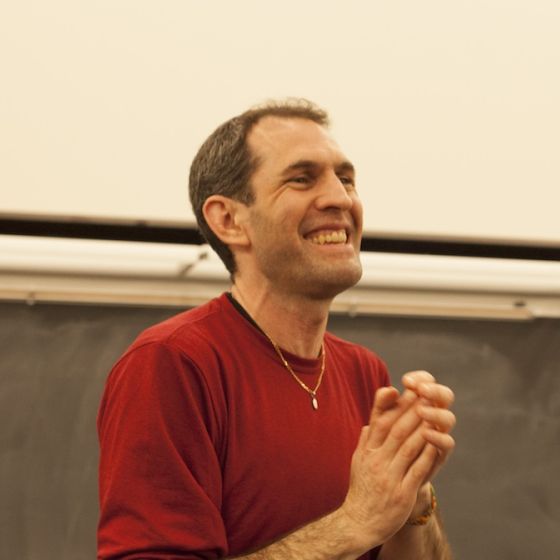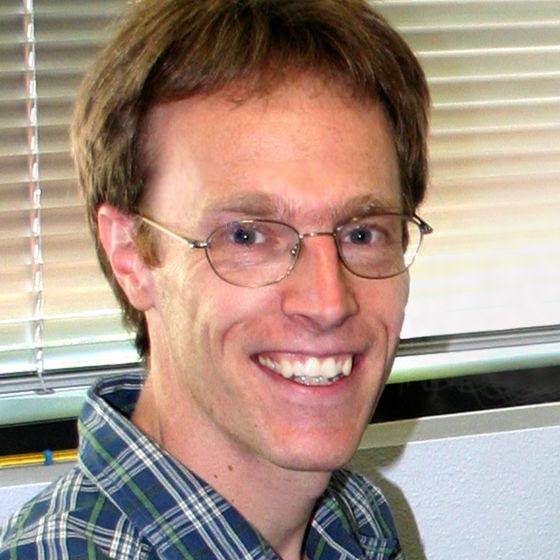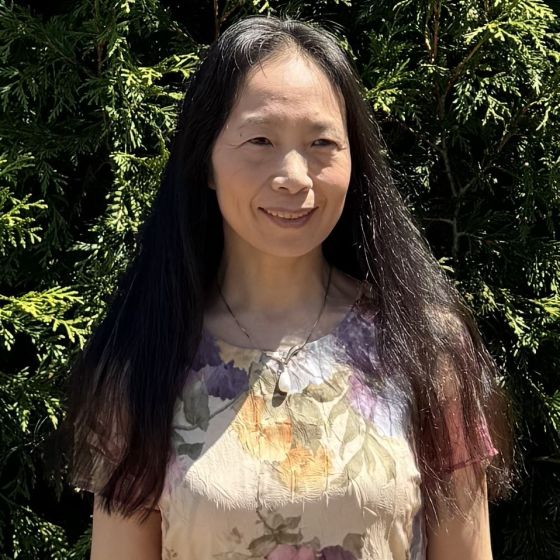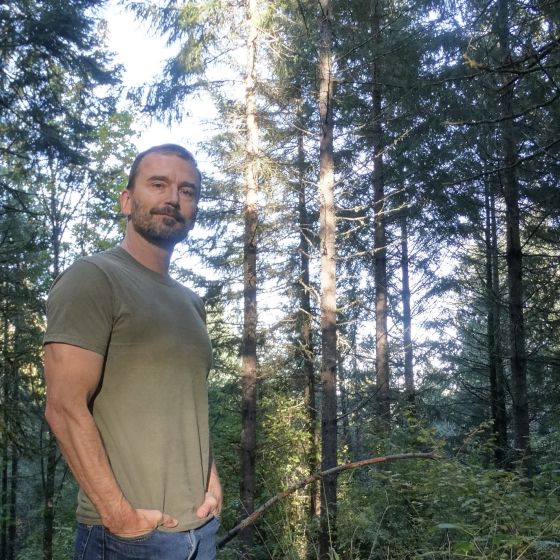Why Study Physics?
Are you the sort of student who has many interests? Not sure what you want to do when you “grow up”? Curious about the natural world? Then a physics degree may be for you.
Delve into the theoretical and practical aspects of physics — a field fundamental to science, engineering and technology industries. In Pacific University’s physics major, you will learn through innovative teaching methods focused on active learning. You’ll benefit from a learn-by-doing approach that begins with a first-year introductory class taught without formal lectures and continues in the labs for upper-division courses where students work on sophisticated, open-ended projects.
Students in the physics major are part of a friendly and supportive community. Physics faculty build close relationships with students and support them with advising about internships, research opportunities, career paths and references.
Students can participate in paid summer research opportunities with Pacific faculty in areas such as condensed matter physics, hydrodynamics, laser physics, quantum optics, cosmology and astronomy. You can also pursue summer research experiences at other institutions through the NSF REU program.
The physics major culminates in a senior capstone project — which often continues or expands on work from summer research projects — where students use the skills they’ve learned to complete an independent research or design project. In addition, many upper division students in Pacific’s physics major also serve as teaching assistants in our introductory classes, providing valuable teaching and mentoring experience.
What Can You Do with a Physics Major?
Pacific University has an exciting and dynamic program that prepares you for a wide range of career paths, including graduate school in physics or engineering, direct entry into engineering-related and high-tech industries, teaching, and even various health professions such as optometry, medicine or medical physics.
As a physics major, you will develop the numerical and analytical skills necessary to be a great problem-solver. Graduates are able to tackle difficult problems in many fields and their skills are prized by industry, academia and everything in between. A physics major or minor is an excellent complement to many majors, including math, computer science, chemistry and biology.
